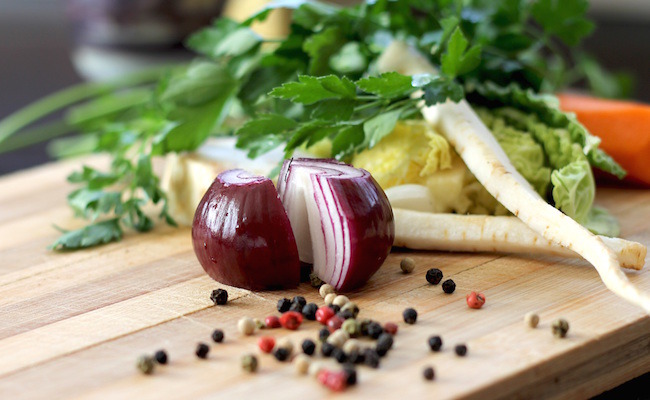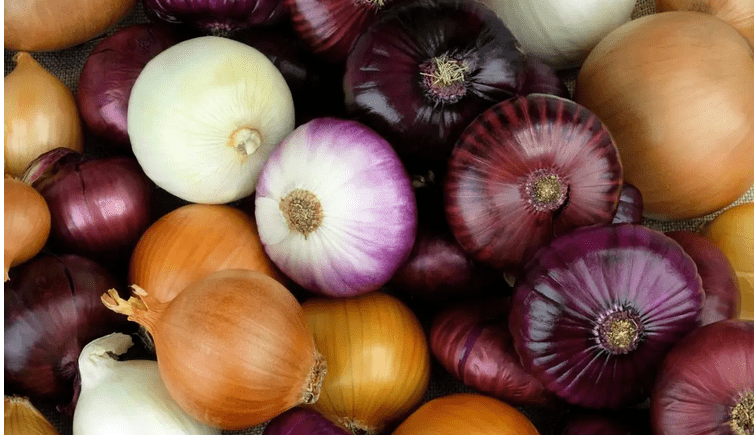Everyone knows that fruits and vegetables are essential for good nutrition. Making sure to choose a variety of brightly colored produce in addition to those that are darker shades of green or purple will ensure you’ll get a wide range of nutrients that can help lower your blood pressure, reduce risk of heart disease, prevent some types of cancer, regulate your digestion, keep your blood sugar stable and fill you up with lots of good fiber.
These known health benefits aren’t news to most people, but recent research suggests there’s one more benefit to add to the list: a mood-boosting effect. And unlike the long-term health benefits outlined above, you don’t have to chow down on plant-based foods for years and years before you can experience these psychological benefits.
An international team of researchers from Warwick University in England and the University of Queensland in Australia sought to better understand the psychology of healthy eating habits by examining data from over 12,000 Australian adults who tracked their food intake and life satisfaction in a survey throughout 2007, 2009 and 2013. After adjusting to account for variables like income level and personal circumstances that might affect life satisfaction, their responses were compared to see if there were any links between diet and life satisfaction.
Interestingly, participants who started out with close to no intake of fruits and veggies but then increased their intake to about eight servings a day over a period of two years showed the same increase in life satisfaction as people who went from unemployed to employed. This suggests that eating more fruits and veggies offers a positive psychological effect that can occur in two years, or possibly even less, compared to the physical health benefits typically seen over a more long-term basis.
As far as why people showed higher rates of life satisfaction with higher fruit and veggie intake, the researchers can only speculate that carotenoids might have something to do with it, which are organic pigments that give plants their yellow, orange or red color.Previous research has shown that greater concentrations of carotenoids were associated with optimism.
Despite these findings, scientists still don’t know if carotenoids do indeed lead to higher levels of optimism or if it’s they’ve got it backwards. Optimistic people may just naturally choose to eat more fruits and veggies, so that’s something that would need further investigation.
In any case, incorporating a wider variety of fruits and veggies into all your meals and snacks is always a good idea. We know that at that the very least, serotonin and tryptophan production have mood-boosting effects — both of which can be triggered by carbohydrate-rich foods. Low-GI carbs like fruits and veggies will also provide a longer lasting effect than sweets and processed carbs.
If you really want a good mood boost, choose foods like bananas, pineapple, kiwis, plums and tomatoes. Fruits and veggies rich in B vitamins like spinach, asparagus, brussels sprouts, kidney beans, mushrooms, watermelon and grapefruit are also great choices for their effect on mood levels as well.
The impact that diet has on mental and emotional wellbeing is something that needs a lot more scientific study. Until then, eat healthy foods that you like and be mindful of how they make you feel.
There’s nothing better than finding a favorite fruit or veggie that’s healthy for you both physically and psychologically.













Leave a comment